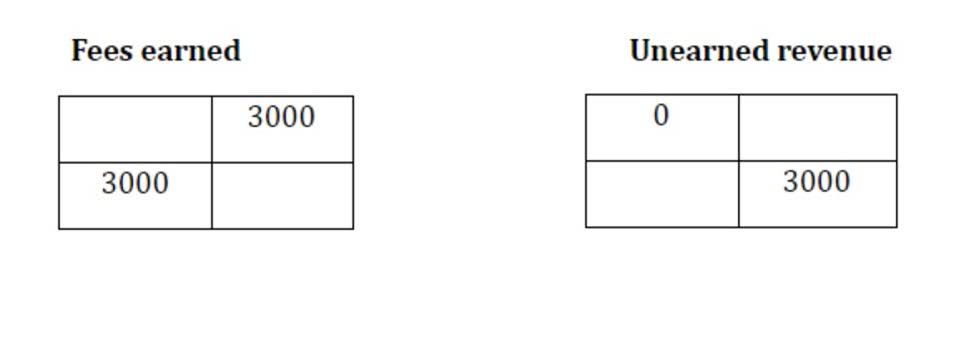
Three-way reconciliation requires bank account balances and book balances to match. It also requires the bank account and book balances to match client ownership details. In this law firm accounting guide, we take you through law firm accounting and financial management basics to cement your knowledge and present valuable new information. We cover all the key aspects involved in both practices and explain strategies to help you apply this knowledge to your firm's benefit. In addition, all state bar associations require law firms to perform three-way reconciliations monthly or quarterly.
Each sale, bill paid, or dime spent on business expenses gets recorded. When clients trust a firm with their legal issues, they also expect that their money will be handled correctly. A single mistake in handling finances can damage the trust clients have in a lawyer or the whole law firm. There is no room for error when blending client funds with law firm funds. It pays to have an effective system that will prevent this from occurring. By keeping your money separate at all times from your clients' and strictly following trust administration rules and guidelines, you'll sidestep a whole host of problems down the line.
Best for Hiring Certified Bookkeepers
This is essentially FICA and Medicare, only your payment covers both a withholding from your wage and the matching contribution from your company. You will also need to understand your obligations in regards to employment law and employment tax. This is especially important when it comes to paying mandatory disability or worker’s compensation insurance. You can research this on your state government’s website, and consult with your CPA. Because of poor training, lack of accounting help, or differing IOLTA rules across state lines, many attorneys are unfamiliar with what they are and aren’t allowed to put into an IOLTA account. Every business is different, and the “right bank” for you will depend on the nature of your practice and the way you prefer to get your banking done.

Whenever a client pays an invoice, you must allocate the payment to the incurred costs of a matter first. However, if a firm fails to separate revenue that covers incurred costs from actual revenue, their records will be off. The basis of good legal accounting always starts with a well-thought-out budget.
Choosing an accounting method (cash vs. accrual)
Instead of debiting cash and crediting income, you should debit the IOLTA account with a corresponding credit to Trust Account Liabilities. When you later earn your fee, you would debit Trust Account Liabilities and credit your revenue account. Having too many accounts creates headaches later on, as it takes more time to review the books and increases your chances of making mistakes. Fortunately, with a combination of technology, best practices, and the right help, it’s possible to stay on top of your bookkeeping with little effort.
Within these main categories, you can create sub-accounts to add granularity. For instance, under expenses, you might have sub-accounts for legal research, office supplies, or marketing. On the flip side, liability accounts represent your firm's obligations—what you owe to others.
Understanding What to Look for in a Legal Accountant
Law firms need to set a budget that includes revenue benchmarks, expectations for cash flow, and allocating funds for significant expenses. This is crucial for managing the firm’s finances effectively and law firm bookkeeping preparing for future growth opportunities. To open a business bank account, you will need the necessary legal paperwork, such as the Articles of Incorporation and Employer Identification Number (EIN).